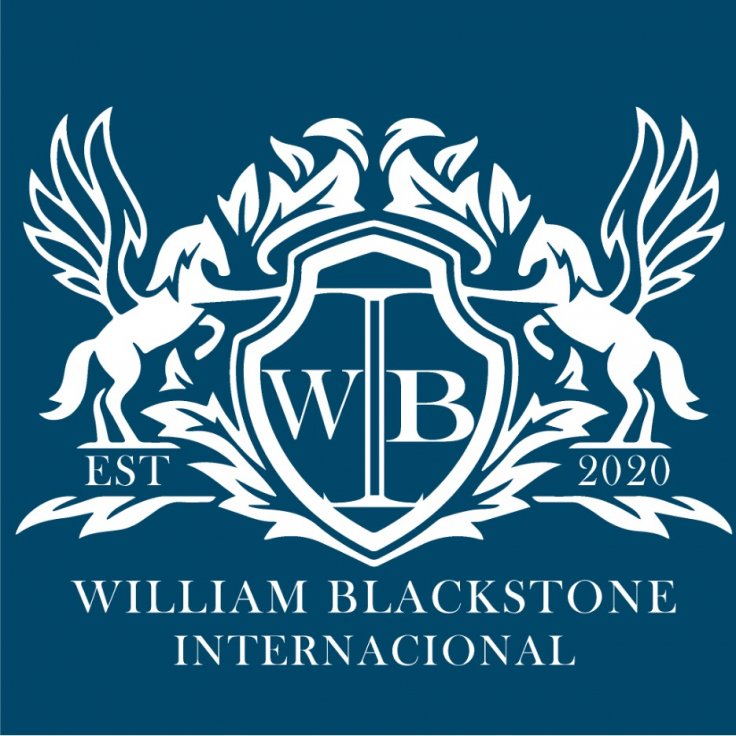
In an era marked by unprecedented global connectivity and mobility, the quest for second identities and non-career diplomatic appointments has emerged as a distinctive trend among the world's elite and those seeking to enhance their global footprint. This phenomenon is not just about the allure of having an alternative passport or the prestige associated with a diplomatic title; it is about accessing a suite of benefits that extend across privacy, security, travel ease, and business opportunities. At the heart of this trend is the nuanced understanding and legal expertise provided by firms like William Blackstone Internacional, which have carved out a niche in facilitating these complex processes with integrity and precision.
The Appeal of Second Identities and Non-Career Diplomatic Appointments
The concept of a second identity offers individuals the chance to navigate global landscapes with greater flexibility. Whether it's for the purpose of security, privacy, or ease of travel, a second passport can open doors that were previously closed. It symbolizes not just a backup plan but a strategic move towards global citizenship, where the individual is no longer tethered to the constraints of their birth country alone.
Parallel to the interest in second identities is the growing fascination with non-career diplomatic appointments. Unlike their career counterparts, non-career diplomats are often appointed due to their expertise, contributions, or to fulfill specific roles that leverage their unique skills and networks. These positions, while not embedded in the traditional diplomatic pathway, offer a unique set of privileges and responsibilities. The benefits of such appointments are multifaceted, providing not just the symbolic status of diplomacy but also practical advantages like visa-free travel to many countries, immunity in various legal contexts, and unparalleled access to global decision-makers.
The Role of Specialized Firms
Navigating the intricacies of acquiring a second identity or securing non-career diplomatic passports legally requires more than just financial investment. It demands a deep understanding of international law, robust connections with government officials and agencies, and a nuanced approach to the ethical and legal considerations at play. Firms that specialize in this area provide guidance on the legal frameworks governing second citizenships and diplomatic appointments, assistance with the application process, and strategic advice on leveraging these new statuses effectively.
Legal Complexities and Ethical Considerations
The process of obtaining a second passport or a diplomatic title is fraught with legal complexities. Each country has its own set of laws and requirements for granting citizenship or diplomatic status, and these can vary widely. For second passports, the process might involve investment in the country's economy, residency for a certain period, or proving ancestral connections. For diplomatic appointments, the criteria can be even more stringent, often requiring a direct nomination by a government official and approval by both the host and the receiving country.
Moreover, the ethical landscape surrounding these processes is equally complex. Concerns about tax evasion, identity fraud, and the potential for misuse of diplomatic immunity are legitimate. This is where the expertise and ethical commitment of firms become invaluable. They ensure that applicants not only meet the legal criteria but also adhere to the highest standards of integrity and transparency. This includes rigorous vetting processes, thorough background checks, and a commitment to ensuring that the services provided do not facilitate illegal activities.
The Global Implications of Second Identities and Diplomatic Appointments
The proliferation of second identities and non-career diplomatic appointments reflects broader trends in global mobility and citizenship. As individuals seek greater freedom and security in an increasingly unpredictable world, these options offer alternative pathways to achieving those goals. However, they also raise questions about the nature of citizenship, allegiance, and the responsibilities that come with holding multiple nationalities or diplomatic statuses.
For governments and international bodies, there is a balancing act between facilitating legitimate needs for a second identity and diplomatic passport and safeguarding against abuse. This dynamic underscores the importance of international cooperation and legal frameworks that can accommodate the growing complexity of global citizenship while ensuring security and compliance with international norms.
Conclusion
As the world continues to evolve, the demand for second identities and non-career diplomatic appointments is likely to grow, reflecting broader shifts in how individuals relate to nationality, sovereignty, and global mobility. Firms like William Blackstone Internacional, with their expertise in navigating the legal, ethical, and practical aspects of these processes, play a crucial role in shaping the future of global citizenship. By ensuring that applicants meet stringent legal and ethical standards, they not only facilitate individual aspirations but also contribute to the integrity and sustainability of these practices on a global scale.
In essence, the journey towards acquiring a second identity or a non-career diplomatic appointment is about more than accessing a set of privileges; it's about navigating a complex landscape of legal, ethical, and personal considerations. With the right guidance and expertise, individuals can embark on this path with confidence, contributing to a more interconnected and flexible understanding of citizenship in the 21st century.









